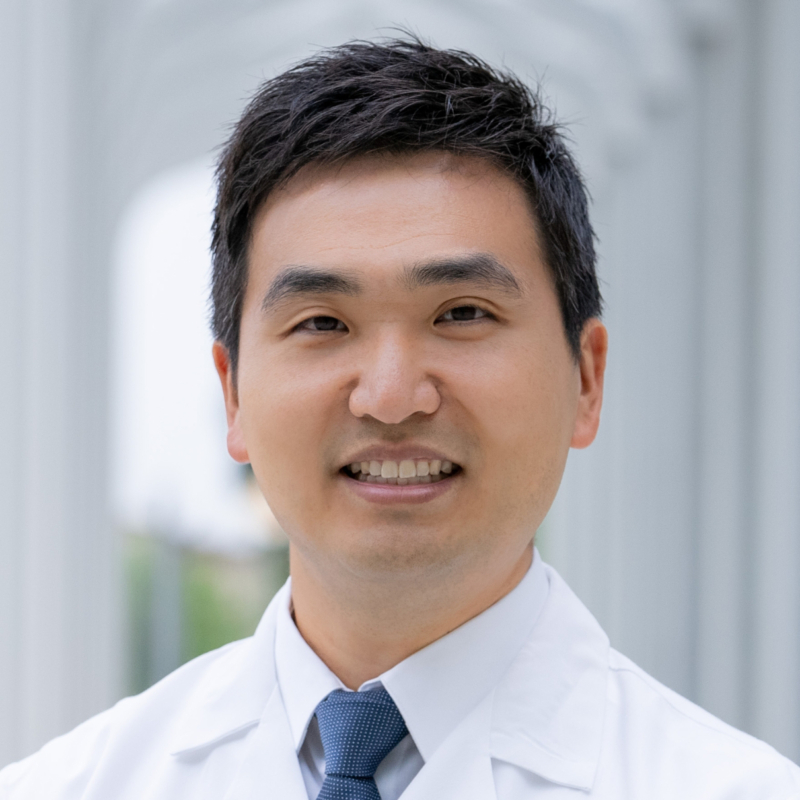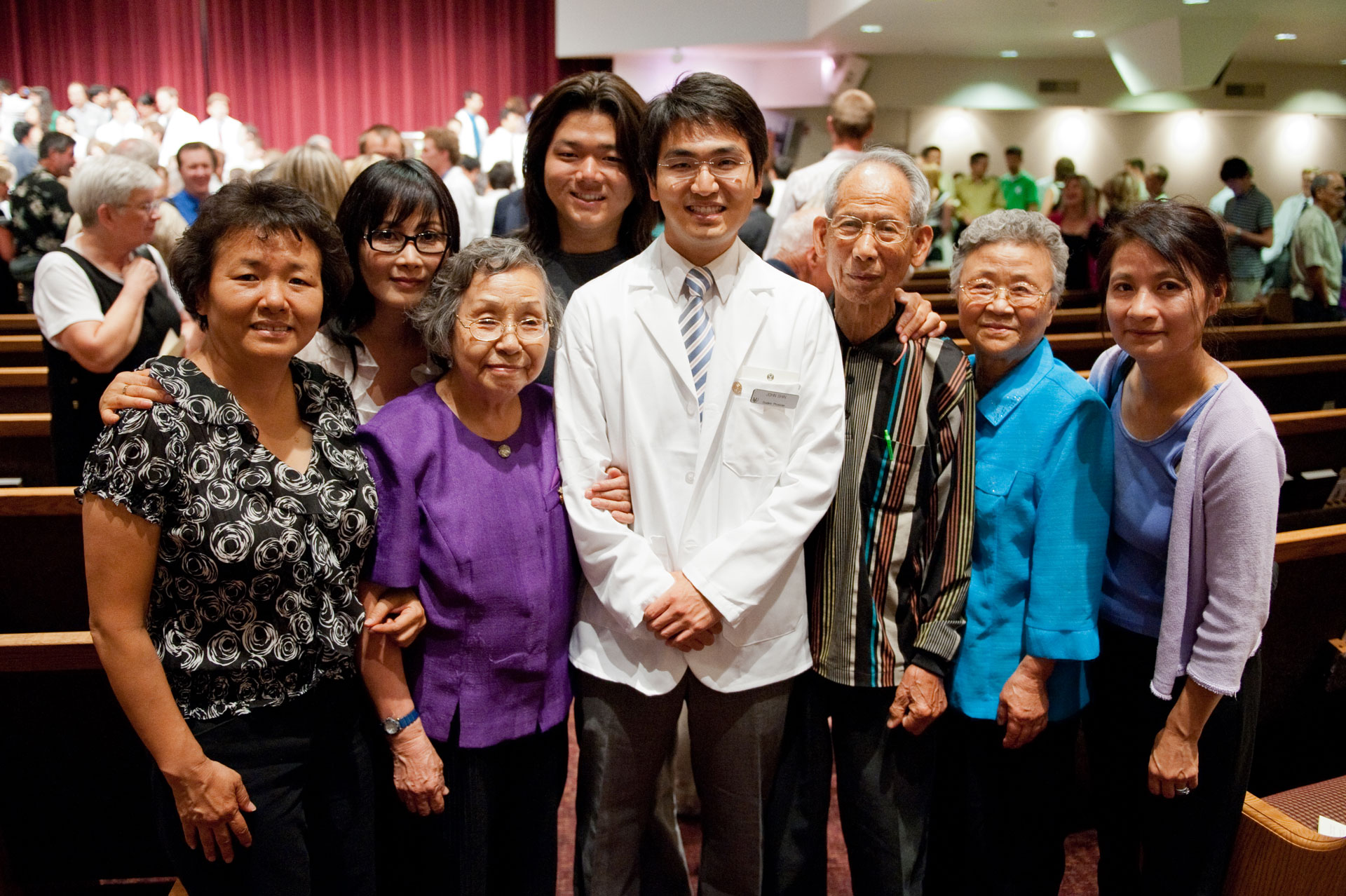
John Shin, MD
Keeping the Sabbath in Medical School
The true purpose of Sabbath keeping came into focus for me during medical school. One day as I was studying in the library, a classmate came up to me to make small talk. In the middle of our conversation, he announced that he had made the decision to study on the Sabbath because he was aiming for a competitive specialty, and everyone else aiming for the same specialty studied seven days a week. If he only studied six days a week, he would not be able to keep up with his peers, and he believed God would understand his decision. I did not know what to say. We soon wrapped up our discussion and returned to our studying. However, his words stayed with me long after our talk ended. Would God really understand if I decided I could not afford to take the Sabbath off and still remain academically competitive? After all, what good would I be to God’s cause if for the sake of keeping the Sabbath, I dropped out of medical school or became a mediocre physician?
Since that conversation in the library, I have come to realize that the real struggle behind Sabbath keeping is not a matter of time management or behavior modification. The real struggle is about what has our heart. All too often, our questions regarding the Sabbath seem to deal with what we can or cannot do during Sabbath hours. However, this is a fruitless approach because after talking to my classmate, I secretly prided myself for always closing my books the moment the sun set each Friday. The problem was, I discovered that my books could still lay claim to my heart long after they were closed. I also discovered that my Sabbath afternoon nature walks could turn into exercise sessions, and my Sabbath outreach activities could turn into line items to pad my CV. Like the Pharisees, I found myself frequently keeping the letter, but not the spirit, of the law.

After reflecting on this issue, I made a commitment to God that I would keep His Sabbath holy from my heart and not just through my actions. Unbeknownst to me, He taught me what this should look like in practice when I met my future wife. I started to court her halfway through my first year of medical school, and during this time I would study with intense motivation throughout the day so that when she got off work in the evening, I could spend time with her. When we were together, she had my undivided attention. I never found my mind drifting off to my coursework, and I was never tempted to secretly check my email or browse social media when I was with her. Instead of watching the clock to see when I could go back home to resume my studies, my love for her made the hours we spent together seem like minutes, and I would frequently lose track of time. The time I devoted to her was a joy, not a drudgery or a burden, and I was always sad to see it come to an end. I realized this was the experience that God wanted me to have with Him every day but especially during His Sabbaths. The Sabbath day is supposed to be a delight (Isaiah 58:13). It is our scheduled “date time” when we are to disconnect from the world to reconnect with God and give Him our undivided attention. Viewed in this light, the essence of Sabbath keeping is not a matter of what we do, but rather, a matter of how much we love God. Because if we truly loved Him, we would never have to ask how to keep His Sabbath holy. It would come naturally to us.
Understanding that my attitude toward the Sabbath was simply a reflection of my love for God was transformative in how I approached my studies. Instead of viewing the Sabbath hours as a liability in my academic journey, they became an incredibly important time of refreshing for my spiritual, emotional, and physical health. I looked forward to these precious moments when I could take a break from the furious pace of my studies, guilt free. My Sabbath hours became filled with a richness and joy that I never knew was possible, and for the first time, I was able to honestly say that I would rather fail and drop out of medical school than lose this joy I had with my Lord.

However, there was no denying that keeping the Sabbath did shorten my available study time, and in a strange way, this proved to be the greatest blessing for me in medical school because it constantly drove me to my knees in prayer and made me rely on God that much more. Being a slow and methodical learner, I knew that I did not have the ability to overcome a 24-hour weekly deficit in my study time. Therefore, I was acutely aware that every test I passed, every academic hurdle I overcame was through God’s grace, and whenever I experienced success, it was only natural to give Him all the glory. Every time I did well on an exam, every time a flash of insight enabled me to answer a question correctly, it was a token of God’s faithfulness and served to increase my faith in Him. In this way, going through medical school became the most faith-building experience I ever had.
My classmate, on the other hand, kept true to his word and stopped attending church. He studied seven days a week, and as a result, he did very well in school. Eventually he matched into the competitive residency program he was hoping for. But I have to ask, at what cost? At the end of his medical school journey, he was not inclined to credit his academic success to anything other than his own hard work. For four years he had built for himself a foundation of self-sufficiency, and as far as I can tell, he continues to succeed based on his own terms and on his own strength.
The lesson I have learned through these experiences is that God cares more about who we become than about what we do. In this sense, the journey we take is more important than our destination because our journey shapes who we are. Unfortunately, the demanding journey of medical school transforms many Spirit-filled medical students into worldly physicians. I see now that God has a parallel curriculum in mind for every student as they go through medical school, and it is far more important to pass His tests than man’s tests. One of the most important tests God set before me early on was whether I would keep His Sabbath holy. When I took a stand for my relationship with God, He opened up to me a world of joy and sweet communion with Him that I never knew was possible. And then, on the strength of this relationship of love and trust, God carried me through medical school and beyond.
Whether you are a student or years out of training, I wish for you this joy, but above all, I wish for you the experience of God’s love made manifest in His Sabbath that will set your heart ablaze with love for Him.
<< | Table of Contents | >>
